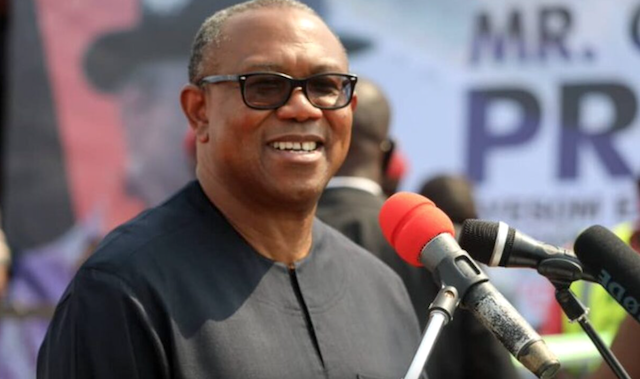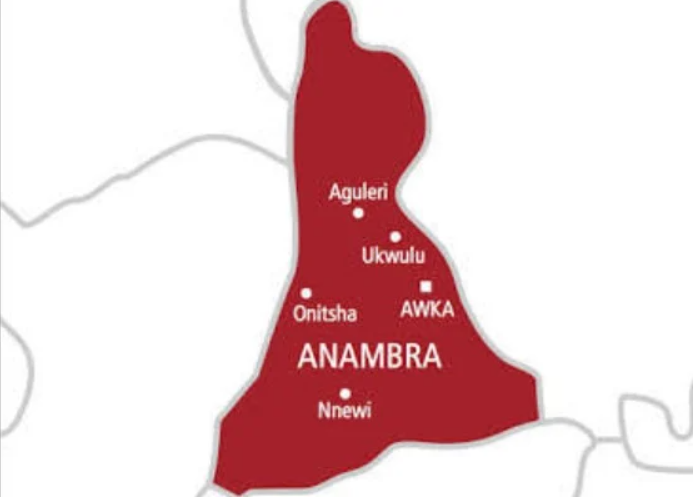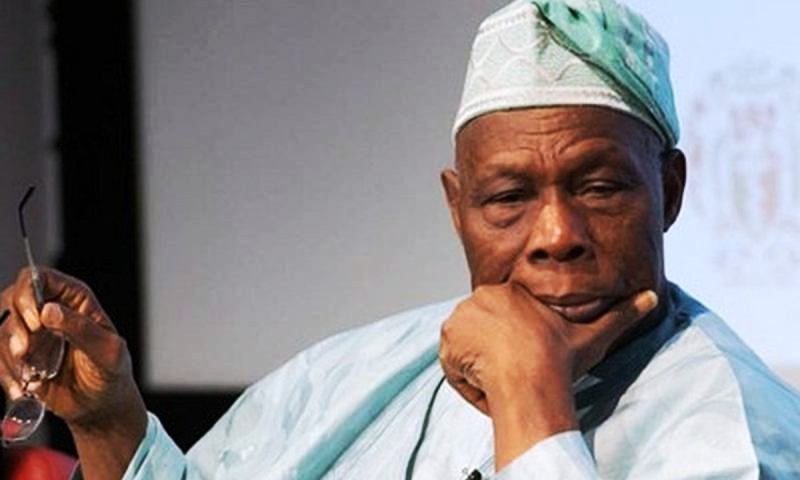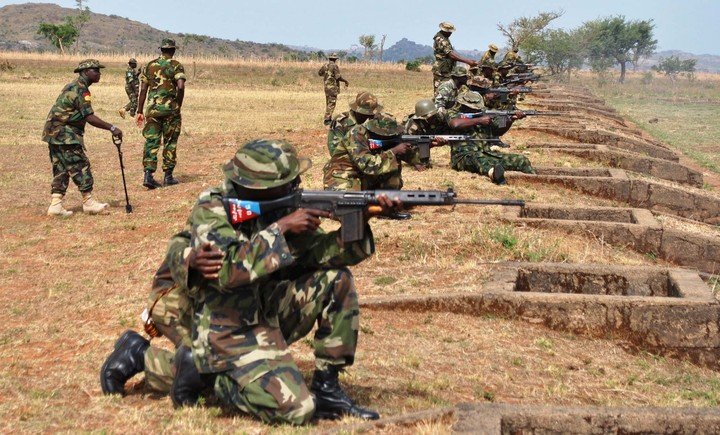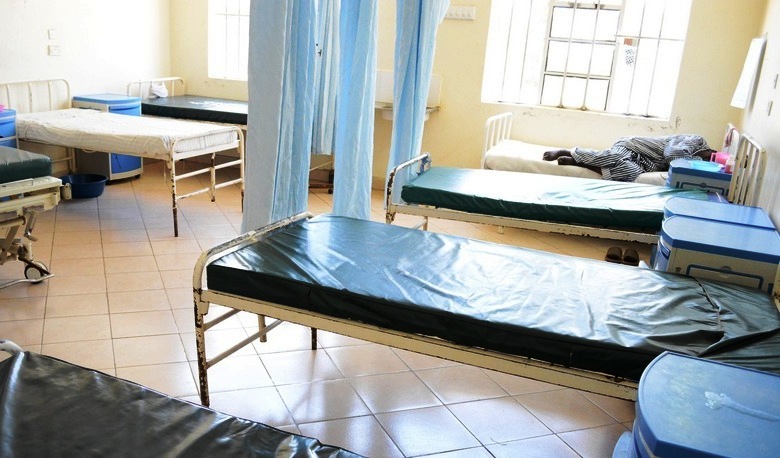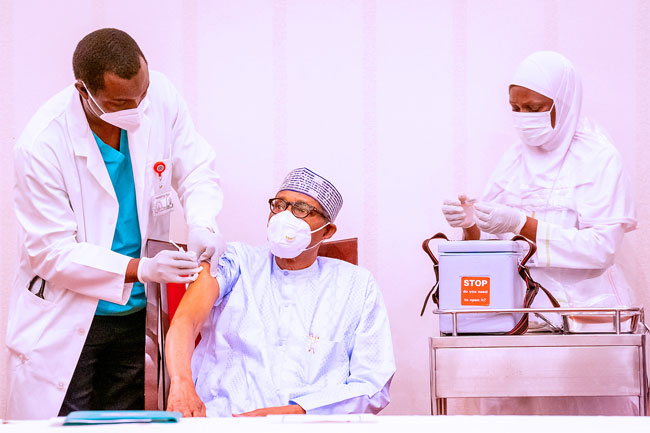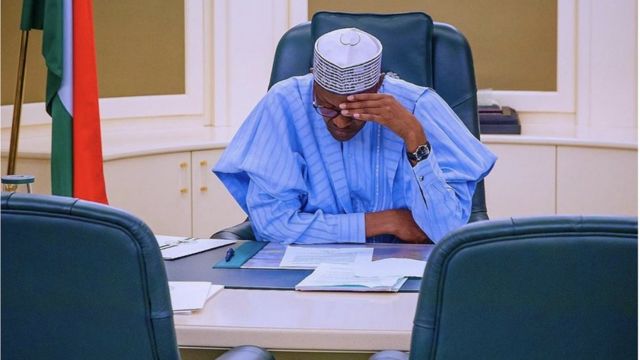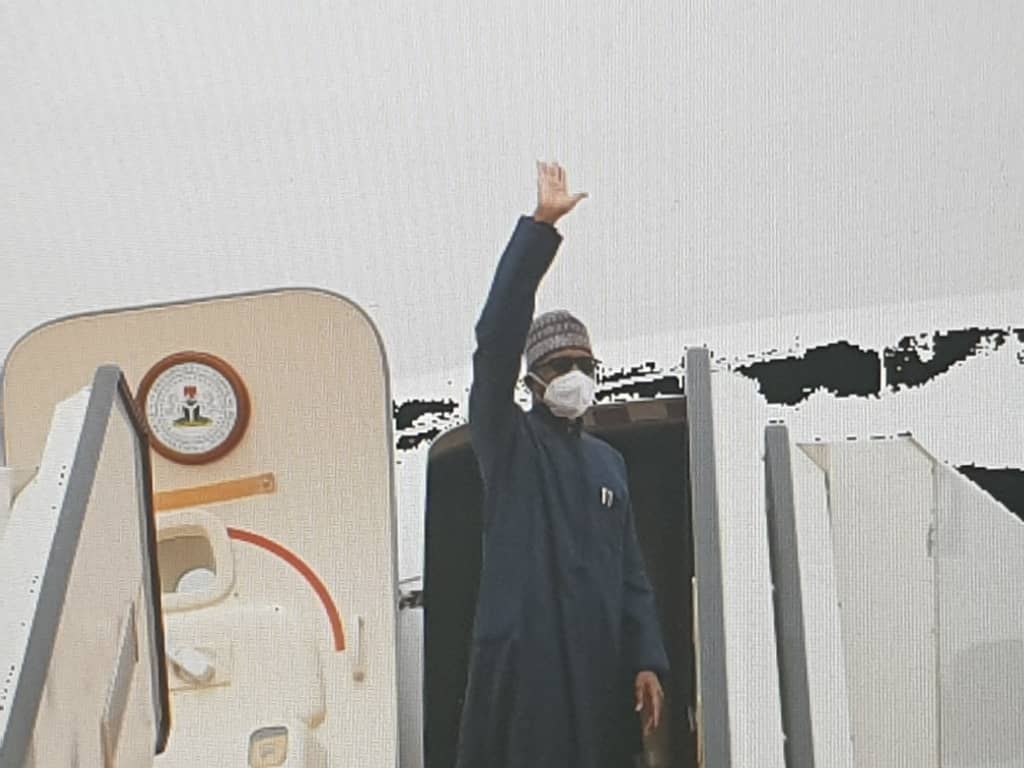By Ehichioya Ezomon
As more vaccines are being approved for use against COVID-19, a couple of factors compels the “urgent need” for Nigeria to have the capabilities to develop and manufacture vaccines.
One: The potential for “vaccine owners” to withhold doses from poor and developing countries, in the face of more rapid spread of the virus “driven largely by surges in South America and India.”
Two: Nigeria, for lack of the capabilities, reportedly spends over N7 billion annually to import vaccines, with about 80 per cent of the cost subsided by the Global Vaccine Initiative (GAVI). What happens if GAVI withdraws its subsidy?
So, it’s time the Buhari government took development and production of vaccines seriously, by acquiring the “necessary infrastructure needed for the arduous standardized processes.”
Enter the National Vaccine Production Laboratory (NVPL), located in Yaba, Lagos, Nigeria’s flagship vaccine producer that went comatose in 1991, with recent efforts to revive it lagging.
As reported by The Guardian, from 1940 to 1991, the lab even produced vaccines for smallpox, yellow fever, and rabies for export to Cameroon, Central African Republic and a few other countries.
The lab stopped production in 1991, but the Buhari administration, in 2017, signed a Memorandum of Understanding (MoU) with May and Baker Plc., an indigenous industry, to resuscitate a manufacturing line at the lab, to produce essential vaccines.
The project handler, Biovaccines Nigeria Limited (BVNL), was to “build local capacity in vaccine production, as well as develop a centre of excellence for research and development of vaccine technology and other biologics.”
But three years on, the expected roll out in July 2019 of its first locally-produced remedies against yellow fever, tetanus toxoid and hepatitis B hasn’t materialized, as the outfit failed to build a World Health Organisation (WHO) pre-qualified state-of-the-art facility, before vaccine production commences.
Still, the Project Manager of Biovaccines, Everest Okeakpu, sounds optimistic in an interview: “The Biovaccines initiative is well on track with its mandate to revive local vaccines production, and achieving vaccine security for our country,” he says.
Mr Okeakpu partly blames the delays on the global lockdowns and restrictions to contain the COVID-19 pandemic, prompting the Board of BVNL to revise and approve “a business plan to align with “the revised GAVI transition plan (2018-2028) for Nigeria.”
Yet, he insists that “the implementation of the plan is well underway,” as the outbreak of the virus “has further underscored the need to quickly set up the Biovaccines Nigeria Ltd facility.”
He says this would “help fill in the huge gap that will arise as a result of the large volumes of the COVID-19 vaccines… required to vaccinate people simultaneously in different parts of the world.”
In November 2020, Health Minister Osagie Ehanire signed an MoU “for market access conditional for technology transfer with BVNL,” with Mr Okeakpu stating, “We are now concluding negotiations with our would-be tech-transfer partners, most of whom are also manufacturers for COVID-19 vaccines.”
As Biovaccines has begun “procurement for architectural, structural and conceptual, basic and detailed engineering services for the construction of a Greenfield,” the groundbreaking is primed for the first quarter of 2022, eliciting bringing forward the timeline.
Mr Okeakpu explains: “For projects of this nature, it would usually take about three to four years to go through faculty construction and equipment procurement; facility and equipment commissioning and qualification; process optimization and media fill validation; facility certification; process validation and product registration.
“But, BVNL is working not only to compress this timeline but also fast-tracking some of them by already importing modular facility to be ready for filling and finishing the COVID-19 vaccine locally. BVNL is working with the Federal Ministry of Health to secure COVID-19 vaccines supply for our country through some of her partners.”
Mr Okeakpu says the BVNL Board, chaired by Prof. Oyewale Tomori, is pleased with the support of the Buhari administration that would enhance other benefits of a revived vaccine production.
These include: Job creation, export earnings, development of biotechnological base, ability to develop novel vaccines for fighting Africa-specific diseases, security of quality vaccines, dealing efficiently with pandemic diseases and outbreaks, socio-economic development and enduring partnership opportunities.
“The future is indeed very bright and has come early,” Mr Okeakpu enthuses, amidst collaborative efforts by the Ooni of Ife, Oba Adeyeye Enitan Ogunwusi (Ojaja II), Lagos-based YEMKEM International Ltd and the Afe Babalola University Ado-Ekiti (ABUAD) in Ekiti State, for local remedies for life-threatening diseases.
The Ooni, on the platform of Herbal Remedies that he chairs, has unveiled a series of traditional medicines made from herbs, to boost the immune system, and tackle diabetes and high blood pressure, which are underlying ailments susceptible to COVID-19 infection.
The herbal drugs the Ooni says have received NAFDAC’s approvals in September 2020, are Verozil, an immune booster, and Bitter Leaf Capsule, a remedy for diabetes and high blood pressure.
At their launch, the Ooni not only testified to the efficacy of the products produced in partnership with Dr. Akintunde Ayeni, the CEO/Chairman of YEMKEM International Ltd, but also to the about 100,000 jobs derivable in the production chain within 15 months.
“To the glory of God, these products have been tested, especially on thousands of COVID-19 patients, including some in positions of authority, who are now free from the pandemic,” the Ooni said.
Stakeholders in the health sector that witnessed the ceremony include: the National Agency for Food and Drug Administration and Control (NAFDAC); Standards Organisation of Nigeria (SON); Osun State Ministry of Health; and a representative of the Presidency.
Dr Ayeni described the development of the herbal products as the greatest achievement in his over 40 years of practice, noting, “it’s more spectacular coming from Ile-Ife, the ‘source of mankind’.”
He said the Ooni, who conceived the idea of the herbal products, “gave us all the support, including huge sums of money,” and appealed to other monarchs to emulate the Ooni’s good virtues.
The Ooni has shared his ideas with ABUAD’s founder, Aare Afe Babalola, who has constituted a research group to develop drugs and vaccines from the herbal mixture “proffered” by the Ooni, and presented by a team of researchers, including Prof. Olapeju Esimai, from the research unit of the House of Oduduwa Initiative.
Consequently, the ABUAD College of Medicine, an outstanding institution in Africa, is upgrading its Laboratory to Level 4 Biosafety, to handle very sensitive and deadly infections like COVID-19.
Other enhancers of the Ooni’s pursuit in remedies for diseases are an Executive Bill in the National Assembly for a Trado-Medicine Law, and a Foundation established for indigenous research-based initiatives in traditional medicines.
The Ooni is worried that Africa imports medicines and medical ingredients from developed countries, whereas the continent, as proven, “has the best herbs… for vaccine production.”
“But he says: “Now that the House of Oduduwa… and Afe Babalola University are about to start aggressive clinical research against deadly diseases, including COVID-19, it is about time we stopped looking up to foreigners to solve our problems for us.”
Kudos to the Ooni, Oba Ogunwusi, for choosing to add his quota to the advancement of science in finding local remedies for life-threatening diseases, especially in Nigeria and Africa.
The government should intensify its provision of the conducive environment, and financial interventions, to enable Nigeria produce drugs and vaccines against infectious and deadly diseases.
Mr. Ezomon, Journalist and Media Consultant, writes from Lagos, Nigeria.
